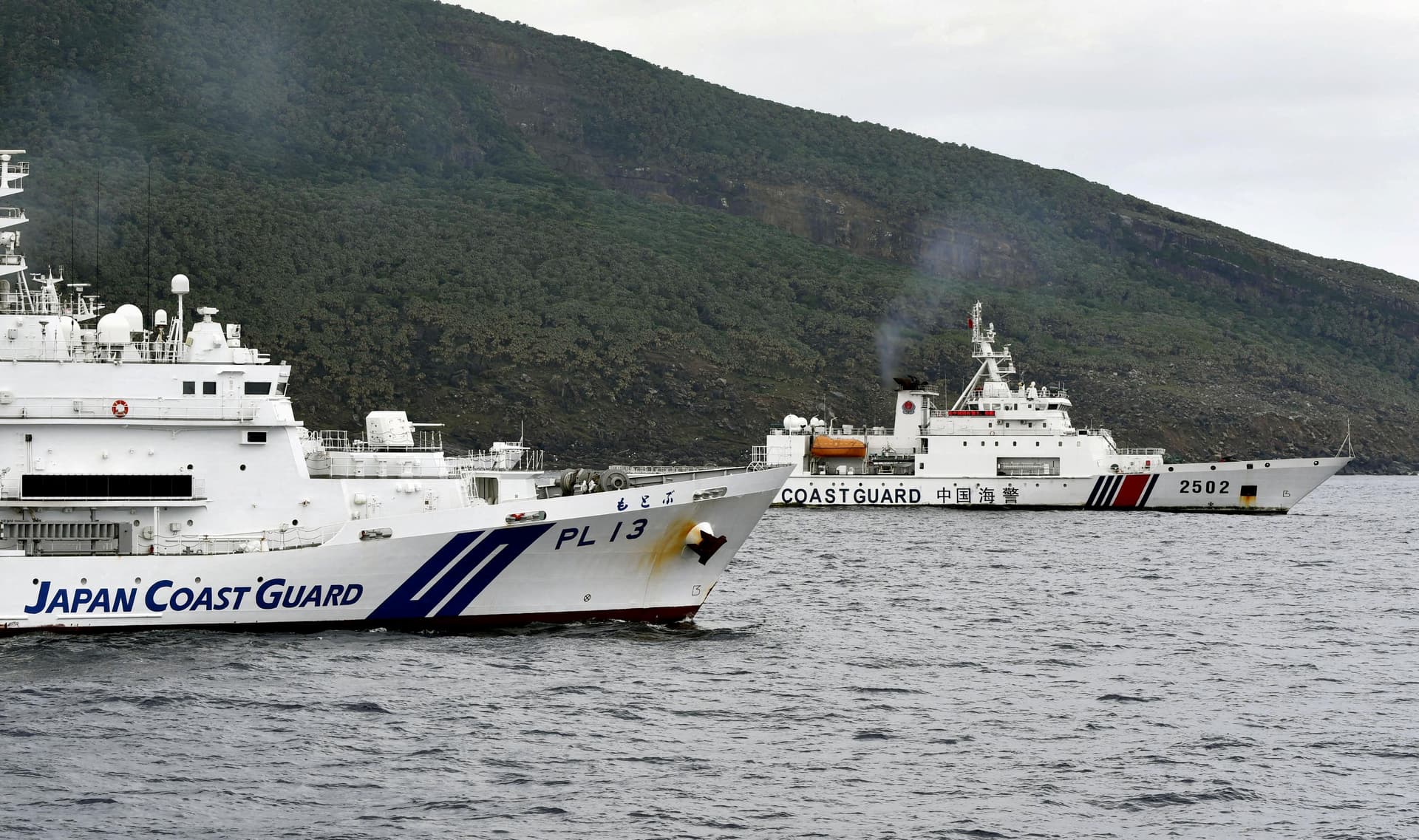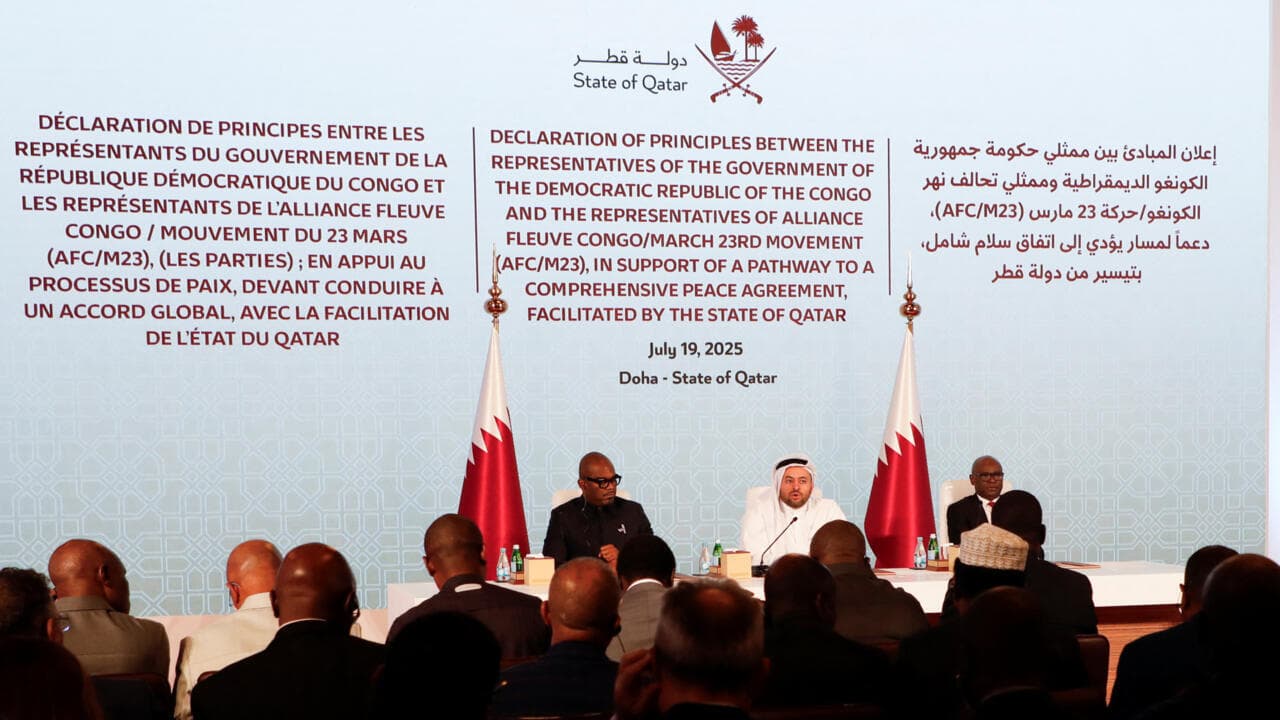China Coast Guard Transits Senkaku Waters, Escalating Regional Tensions
A formation of China Coast Guard vessels sailed through waters around the Japan administered Senkaku Islands on Sunday, Beijing describing the movement as a "rights enforcement patrol" and asserting it complied with international law. The passage sharpens diplomatic strains between Tokyo and Beijing, and signals potential disruption to regional stability and economic ties that matter to global markets and governments.
Listen to Article
Click play to generate audio

A China Coast Guard ship formation passed through the waters surrounding the Senkaku Islands on Sunday, the coast guard said in a statement, calling the movement a "rights enforcement patrol" and asserting that the passage was carried out in accordance with international law. The islands are administered by Japan but claimed by China, where they are known as the Diaoyu, and the incident adds to a pattern of maritime activity that has increased tensions in East Asia.
Tokyo reacted through diplomatic channels, with media reporting that Japan has asked China to take steps after it discouraged visits to Japan, according to Kyodo News. While the specific steps Japan seeks were not detailed in public accounts, the request underscores how maritime operations translate quickly into broader diplomatic friction, affecting tourism, cultural exchanges and commercial confidence between the two largest economies in Asia.
The passage comes against a background of contested sovereignty, overlapping maritime claims and heightened coast guard and naval operations across the East China Sea. For Beijing, asserting maritime rights near the islands fits a broader strategy of consolidating territorial claims through persistent presence and enforcement actions. For Tokyo, such transits are viewed as infringements on Japan's administration of the islands and as risks to the safety of navigation and regional order.
Legal claims to the waters around the islands are contested and are often framed in competing invocations of historical rights and contemporary international law. Beijing's assertion that the transit complied with international law will sit uneasily with Japan, which views administrative control of the islands as settled and has been vigilant in monitoring and responding to what it considers incursions. The episode will likely be parsed in capitals across the region for its legal logic and precedent value.
Beyond the immediate diplomatic exchange, the incident has broader geopolitical implications. The Senkaku dispute is woven into alliance calculations, economic interdependence and domestic politics. Any escalation risks drawing in external actors who have security interests in the region, complicating emergency management and increasing the chance of miscalculation at sea. Commercial stakeholders, including shipping, tourism and energy planners, will watch for any knock on effects such as advisories, insurance impacts or operational disruptions.
Managing such incidents requires diplomatic channels, clear rules of engagement at sea and confidence building measures to prevent accidents. Cultural sensitivities also matter, as the islands are a potent symbol for national audiences on both sides. How Tokyo and Beijing choose to respond in the coming days will be telling: whether the matter is handled through quiet diplomacy and deescalation, or whether it becomes another flashpoint in a broader strategic rivalry. International observers will be monitoring for follow up patrols, formal protests and any statements from regional partners that could influence the trajectory of tensions.


